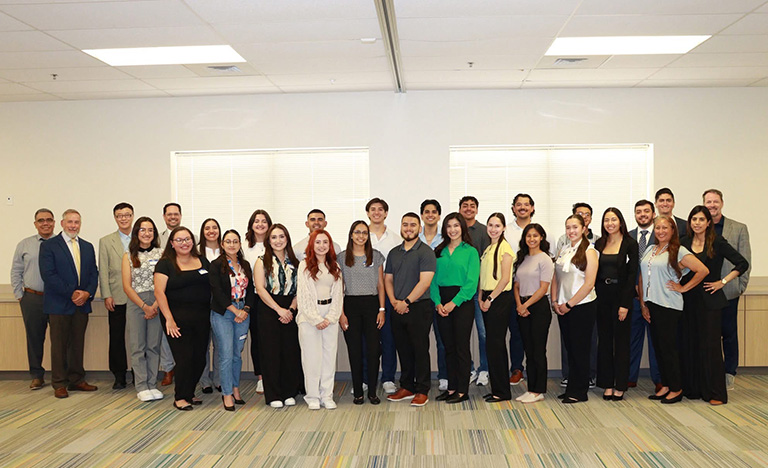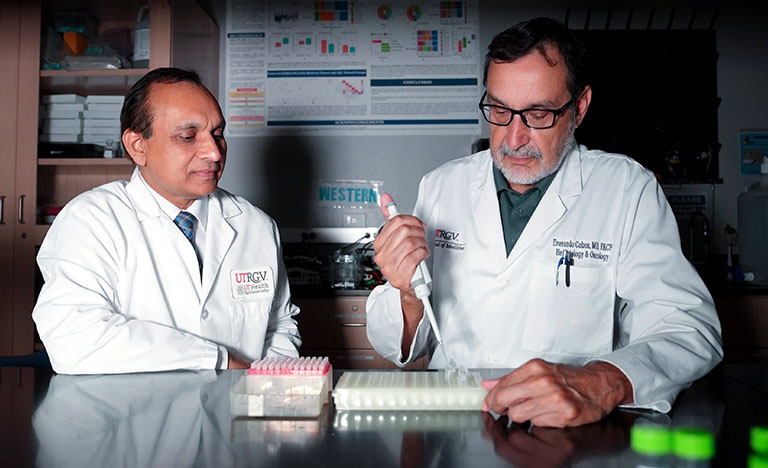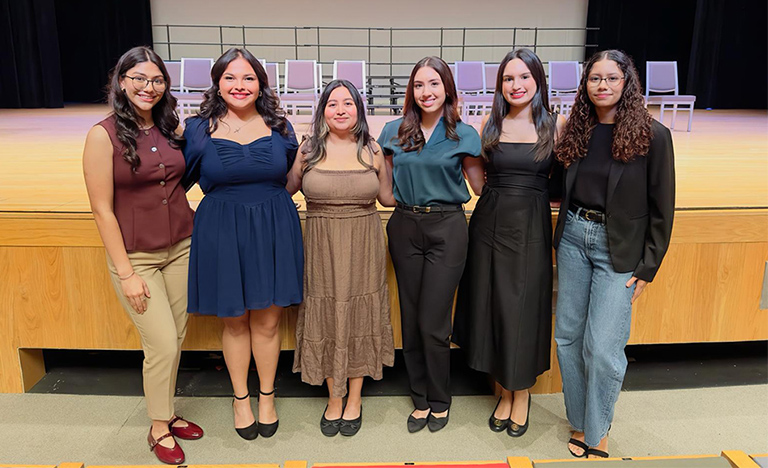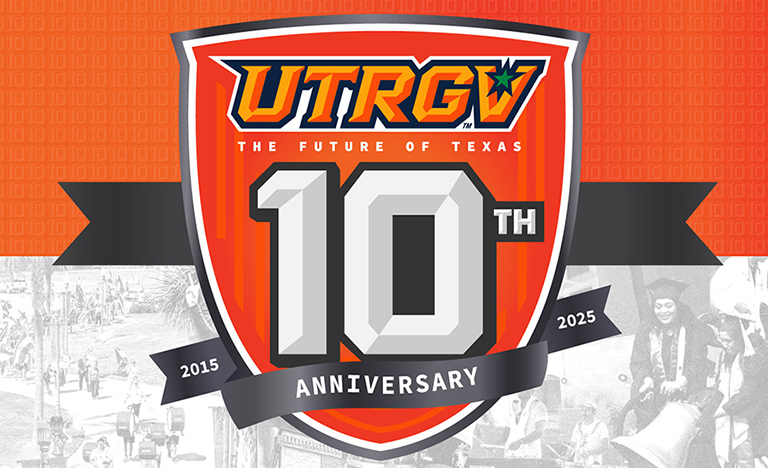Health, as defined by the World Health Organization (WHO), is “a state of complete physical, mental and social well-being and not merely the absence of disease or infirmity”. This definition of health has not been amended since 1948 and continues to embody our work as a college.
As a leading institution of excellence in the health professions, our main goal is to produce highly skilled practitioners, educators, and researchers through our 20+ programs. Vaqueros enrolled in our programs will find a student-centered academic environment filled with meaningful and experiential learning opportunities. The ultimate result of this educational journey is the development of new scientific and intellectual inquiry to promote health equity in the Rio Grande Valley and beyond.
The College of Health Professions at UTRGV is comprised of one school, multiple departments, the Border Health Office, and other health centers and organizations focused on improving the health of our South Texas communities.
Our Vision
We envision the College of Health Professions as a world-class institution committed to achieving the highest quality of life and health equity through education, research, and engagement with our communities.
UTRGV's College of Health Professions provides accredited health programs ensuring national compliance. Learn more about the accreditations for our programs.
The COHP IPE Academy’s Mission is to lead the transformation of Interprofessional Education through a comprehensive program of rigorous scholarship, clinical and community partnerships, provision of validated curriculum resources, and IPE training for faculty and students.
Explore the UTRGV College of Health Professions’ Research Enhancement and Support Team (CREST), offering comprehensive support for faculty, staff, and student research.
College News

UTRGV launches Doctorate of Physical Therapy program
UTRGV has launched its new Doctorate of Physical Therapy (DPT) program, which means it will graduate licensed physical therapists in as little as ...
Read More
UTRGV achieves $103.7 million in total research expenditures, paving the way for Carnegie R1 status
The University of Texas Rio Grande Valley has achieved a historic milestone, surpassing $100 million in total research expenditures for the first ...
Read More
UTRGV welcomes sixth cohort of future healthcare leaders in PACT program
This fall semester, The University of Texas Rio Grande Valley welcomed its sixth cohort of aspiring healthcare leaders into the Physician ...
Read More
UTRGV Marks Decade of Excellence
This year, as The University of Texas Rio Grande Valley commemorates its 10th anniversary, we reflect on a decade filled with notable ...
Read More
